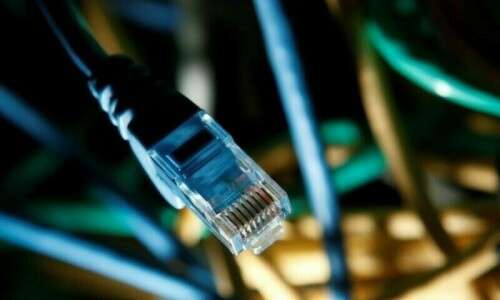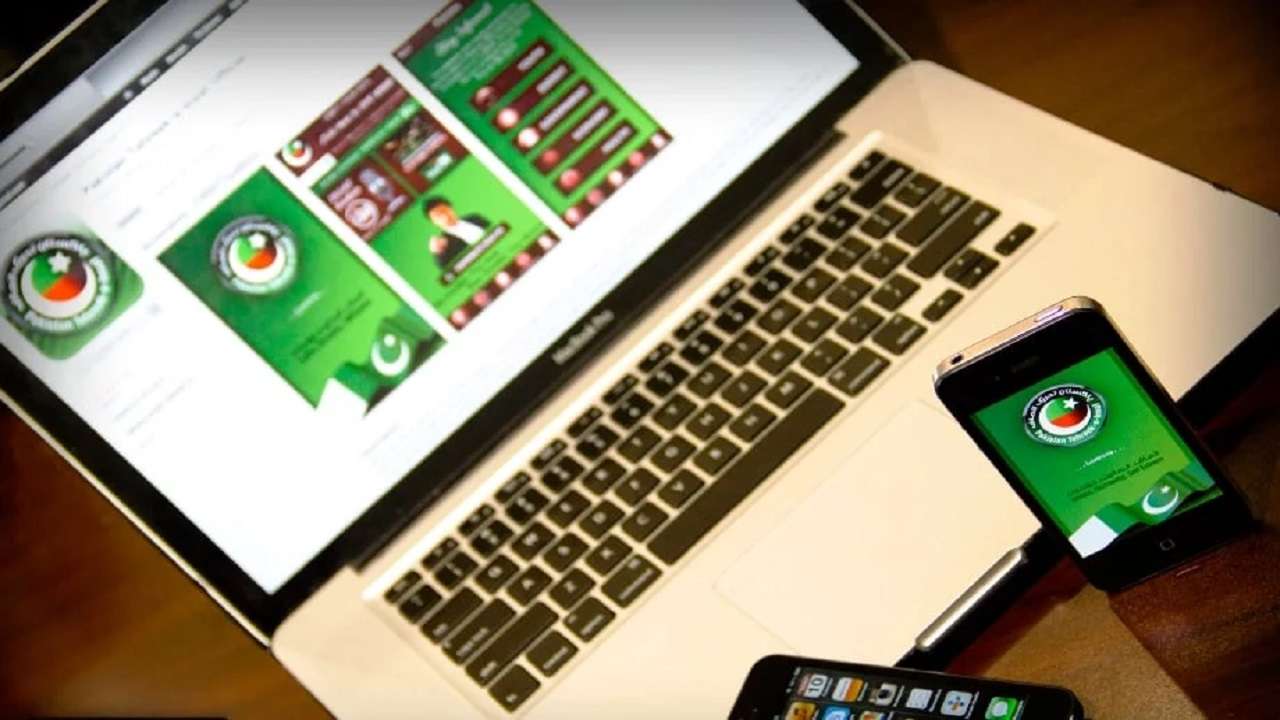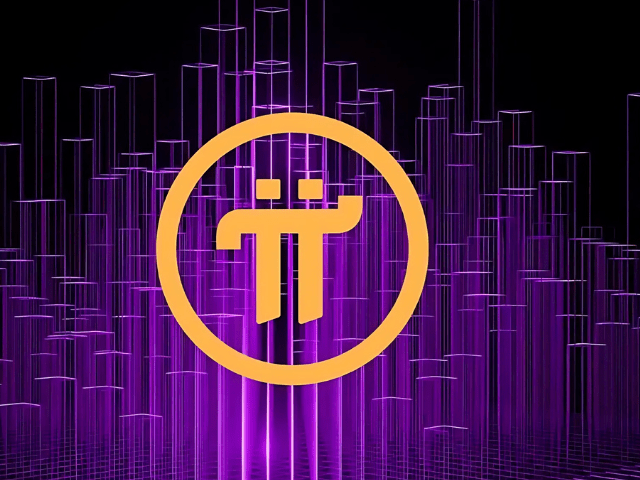Introduction
Internet disruptions across Pakistan have once again triggered concerns among users, with many reporting sluggish speeds, difficulty accessing media on platforms like WhatsApp, and intermittent connectivity issues. While digital analysts suggest these disruptions are linked to government-imposed restrictions and an evolving firewall system, the government has dismissed the concerns, claiming they have been exaggerated. This article explores the ongoing situation, the government’s response, and the implications for Pakistan’s digital landscape.
H1: Pakistan’s Internet Disruptions: A Growing Concern
H2: What Is Happening with Internet Services in Pakistan?
On Sunday, multiple reports of internet disruptions began to surface from across Pakistan. Users took to social media platforms and internet outage tracking websites, such as Downdetector, to report issues ranging from slow speeds to service outages on major platforms like WhatsApp, TikTok, and Instagram. Downdetector, a popular platform used to monitor internet disruptions, recorded 57 reports for WhatsApp, 86 for TikTok, and 161 for Instagram.
H3: Government Response to the Internet Disruptions
Despite mounting complaints, the government has downplayed the situation, claiming that the reports of internet disruptions are “blown out of proportion.” Shaza Fatima Khawaja, the Minister of State for Information Technology and Telecom, addressed the media, stating that the ongoing issues related to internet connectivity are largely due to a cybersecurity initiative known as the “firewall,” which the government has been testing to block certain content across digital platforms. The government emphasized that the firewall, which has been in operation for over a decade, is a necessary measure to protect the country’s digital infrastructure from growing cyber threats.
H2: Firewall and Cybersecurity: A Double-Edged Sword
H3: What Is the Role of the Firewall in Pakistan’s Digital Landscape?
The introduction of the firewall is seen by many as a key part of Pakistan’s cybersecurity strategy. With an increasing number of cyberattacks targeting the country, the firewall aims to monitor and control the content accessible to citizens. Reports suggest that the firewall has the ability to block media content, such as photos and videos, particularly related to political rallies shared over platforms like WhatsApp.
In recent months, internet disruptions have increased following the government’s decision to restrict access to mobile services ahead of a key political rally by the Pakistan Tehreek-e-Insaf (PTI) party. This has raised concerns about the broader implications of such measures on digital freedom and access to information.
H3: The Ongoing Debate Over Internet Censorship
Many users have voiced their frustration over the government’s approach to regulating internet access. Some argue that the restrictions are an attempt to curb free speech and suppress political dissent. The government, however, maintains that these measures are necessary for national security, especially considering the rise in cyber-attacks and the potential for digital platforms to be used for malicious purposes.
H2: VPN Restrictions: A New Challenge for Internet Users
As part of its broader cybersecurity agenda, the government has also moved to restrict the use of Virtual Private Networks (VPNs) in Pakistan. VPNs allow users to access blocked or restricted content by masking their IP addresses and encrypting their online activities. The government’s decision to block unregistered VPNs is part of an effort to combat terrorism and prevent access to illegal content, such as pornography and material deemed offensive.
In a statement to the Senate, PTA Chairman Retired Major General Hafeezur Rehman confirmed that all non-registered VPNs would cease functioning after a deadline set for November 30. However, this deadline has since been extended as the government works to address challenges in the registration process.
H2: The Government’s Cybersecurity Initiatives
H3: Enhancing Pakistan’s Cybersecurity Measures
Minister of State for IT and Telecom, Shaza Fatima Khawaja, explained that Pakistan is facing millions of cyberattacks daily, which significantly hinder efforts to detect terrorist activities. To combat this, the government has focused on upgrading its web management systems, enhancing cybersecurity measures, and expanding its digital defense capabilities. According to Khawaja, the government is working to strengthen the country’s internet infrastructure, aiming to ensure optimal speeds and a secure online environment for citizens.
Additionally, the government has announced plans to upgrade its telecommunications infrastructure, with a focus on expanding 4G and 5G services across the country by 2025. This is part of a broader effort to boost Pakistan’s digital economy and provide citizens with better internet access, which is essential for both personal use and business growth.
H3: Government Plans to Enhance Telecom Services
The government’s commitment to strengthening the telecom sector includes enhancing tower density, expanding broadband internet access, and addressing cybersecurity concerns to improve coverage and boost economic growth. These measures are designed to ensure a seamless and secure internet experience for users across the country, despite the challenges posed by increased cyber threats.
H2: Controversy Over Social Media Platform Restrictions
H3: X (formerly Twitter) and Other Platforms Blocked
One of the most controversial decisions in recent months has been the blocking of the social media platform X (formerly Twitter) in Pakistan. Minister Khawaja addressed the issue, noting that only a small percentage (approximately 2%) of Pakistan’s population used X. According to the government, the decision to block the platform was made due to national security concerns and to maintain diplomatic relations with other countries. However, Khawaja emphasized that other popular platforms like Facebook and TikTok continue to operate without any issues.
H3: The Debate Over Freedom of Expression
Critics argue that the blocking of platforms like X is part of a broader agenda to curb freedom of expression in the country. They point to the lack of transparency in the decision-making process and the potential for further restrictions on digital media. Despite these concerns, the government maintains that the country’s security must take precedence over individual freedoms, especially in the face of rising terrorism and digital threats.
H2: What Does the Future Hold for Pakistan’s Internet Landscape?
H3: The Shift Towards a Secure Digital Future
The government’s recent actions reflect a broader global shift towards securing digital spaces and managing the flow of information online. In a world where cyber threats are evolving at a rapid pace, many governments are opting to implement stronger regulations and measures to protect their citizens from digital attacks.
Pakistan’s focus on enhancing its cybersecurity infrastructure and limiting access to certain online platforms reflects the growing concern about the potential dangers posed by unregulated digital content. While these measures may have short-term impacts on internet freedoms, they are being framed as necessary steps to protect national security.
FAQs
- What is causing the internet disruptions in Pakistan?
- The internet disruptions in Pakistan are primarily due to the government testing and implementing a cybersecurity firewall to monitor and block content on certain digital platforms.
- How does the firewall impact internet users in Pakistan?
- The firewall can slow down internet speeds, block access to specific media content, and cause intermittent disruptions in services like WhatsApp, Instagram, and TikTok.
- Why is the government restricting VPNs in Pakistan?
- The government is restricting VPNs to curb access to illegal content and prevent terrorists from using the internet for malicious activities.
- What measures is the government taking to improve Pakistan’s internet infrastructure?
- The government plans to enhance the country’s telecom services, expand broadband access, improve internet speeds, and strengthen cybersecurity defenses to ensure a secure online environment.
- Why was X (formerly Twitter) blocked in Pakistan?
- X was blocked in Pakistan due to national security concerns. The government believes that maintaining control over certain platforms is necessary to protect citizens and maintain diplomatic relations with other countries.
Conclusion
The government’s handling of internet disruptions in Pakistan has sparked significant debate, particularly regarding its approach to cybersecurity and digital freedoms. While the government insists that these measures are essential for national security, many users remain frustrated by the ongoing disruptions and censorship. As the country moves towards a more regulated digital future, it will be crucial to balance security concerns with the need for free and open access to the internet.
ALSO READ:
https://flarenews.pk/2024/12/01/jay-shah-takes-over-as-icc-chairman-a-new-era-for-global-cricket/



